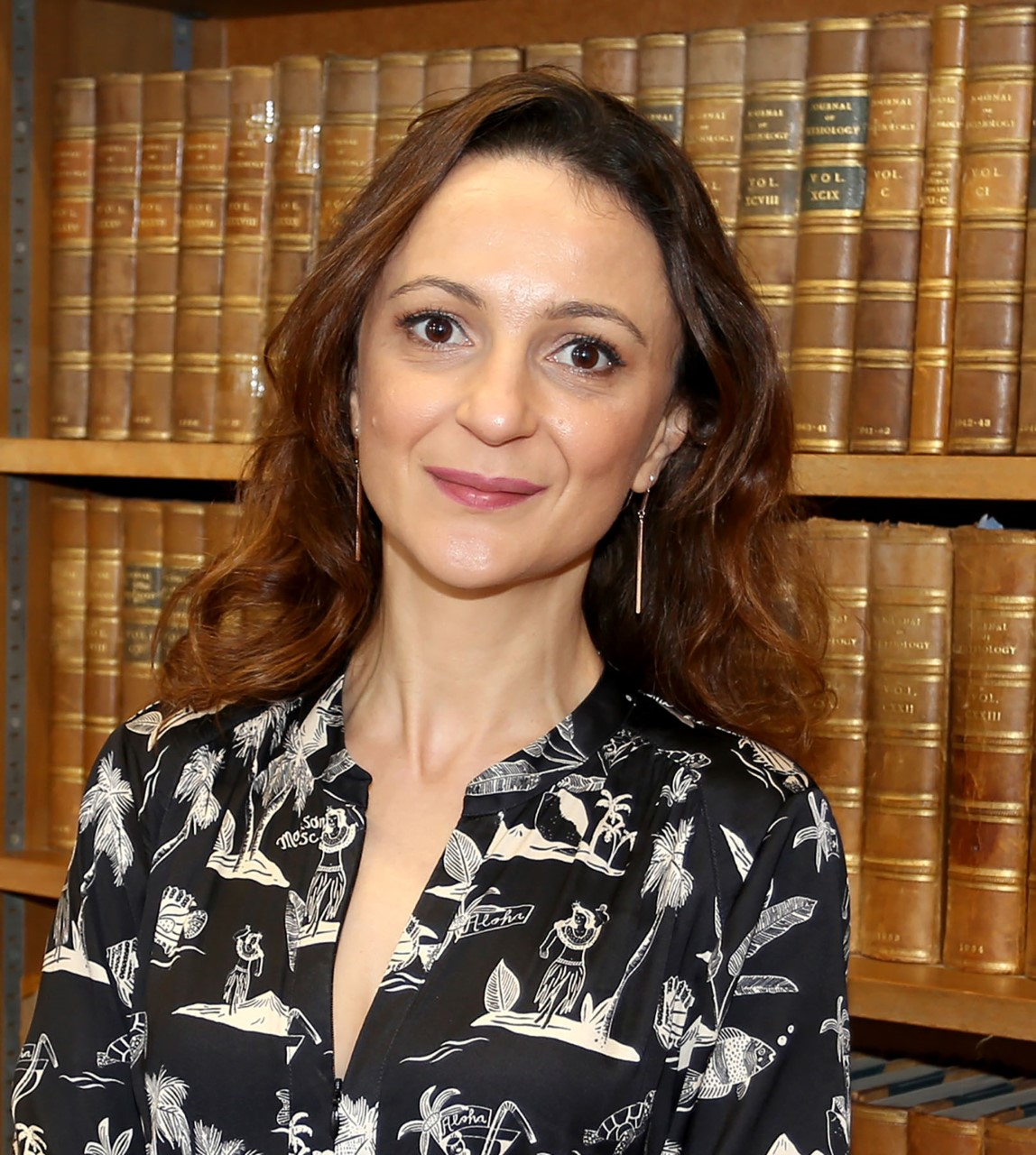I am delighted to announce that Associate Professor Samira Lakhal-Littleton has been appointed to the APTF in cell physiology in association with Brasenose College. Samira completed her undergraduate degree in genetics at UCL, and D.Phil in Oxford in the WIMM. Following post docs with Sir Peter Ratcliffe, Matthew Wood, and Peter Robbins, she was awarded a BHF Intermediate Research Fellowship in 2013, and in 2020 an MRC Senior Research Fellowship sponsored by DPAG. Samira is an internationally leading scholar on the physiology of iron homeostasis and recently received the Bayliss-Starling Prize Lecture from The Physiological Society. - Head of Department Professor David Paterson
 Over the past few years, research in the Lakhal-Littleton lab has changed consensus on the mechanisms and physiological importance of iron homeostasis. This research has shown that iron levels in tissues are not simply a function of iron uptake. Instead, many tissues use cell-autonomously regulated iron export to finetune iron levels locally. The lab challenged assumptions on fetal iron development during pregnancy with some of these findings published in "Blood" last summer. The lab's research has also shown that loss of this cell-autonomous iron control profoundly disturbs physiological function, revealing new and unexpected roles for cellular iron in normal physiology.
Over the past few years, research in the Lakhal-Littleton lab has changed consensus on the mechanisms and physiological importance of iron homeostasis. This research has shown that iron levels in tissues are not simply a function of iron uptake. Instead, many tissues use cell-autonomously regulated iron export to finetune iron levels locally. The lab challenged assumptions on fetal iron development during pregnancy with some of these findings published in "Blood" last summer. The lab's research has also shown that loss of this cell-autonomous iron control profoundly disturbs physiological function, revealing new and unexpected roles for cellular iron in normal physiology.
The department would now like to congratulate Samira Lakhal-Littleton on her appointment as Associate Professor in Cell Physiology and Tutorial Fellow at Brasenose College.
As a next step, and funded by an MRC Senior Non-Clinical Research Fellowship, the Lakhal-Littleton lab will now build on their previous findings to understand how cell-autonomous iron control contributes to pathophysiology, and to explore ways in which it can be targeted to improve disease outcomes.
On receipt of her appointment, Associate Professor Lakhal-Littleton said: "Securing this position is an important step towards my ultimate objective of affecting a material change in the clinical management of iron disorders. This position gives me the continuity I need to pursue my long-term research vision, while also providing me with a platform to foster the next generation of scientific thinkers through teaching and supervision."

